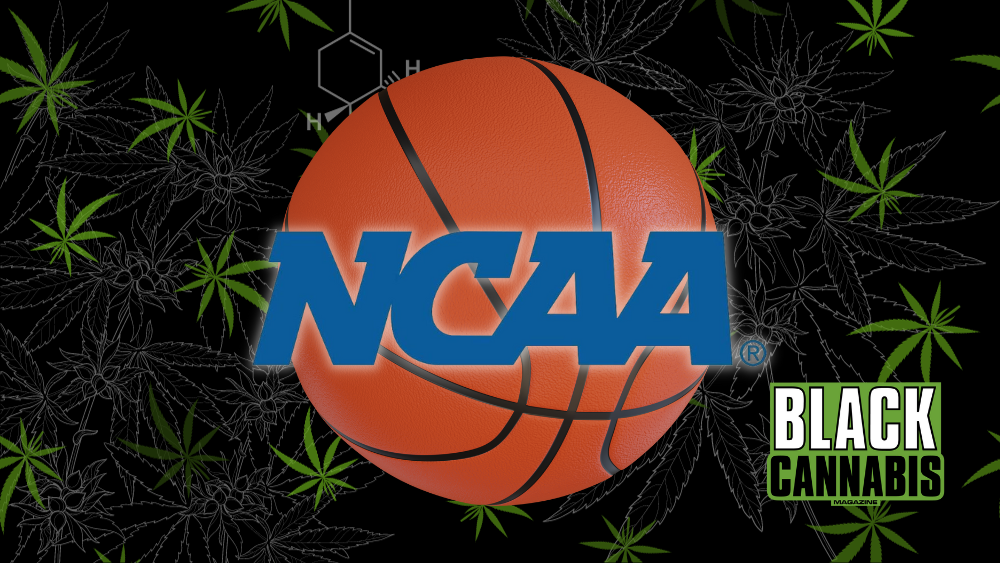A New Playbook: NCAA’s CSMAS Recommends Removing Cannabinoids from Banned Drug List
Introduction
In a ground-breaking decision that could alter the narrative of drug use in collegiate sports, the NCAA Committee on Competitive Safeguards and Medical Aspects of Sports (CSMAS) has recommended that cannabinoids be removed from the list of banned substances across all NCAA divisions. This pivot aims to recenter the focus on student-athlete well-being and reshape the NCAA’s existing drug policy.
The Driving Force Behind The Change
CSMAS convened in Indianapolis earlier this week, steering their agenda toward a comprehensive educational strategy to accompany these changes. The pivot is backed by substantial research from a wide range of experts, including medical doctors and substance misuse professionals.
The Summit and the Consensus
What led to this? Look no further than the Summit on Cannabinoids in College Athletics, held in December 2022. The summit concluded that cannabis is not a performance-enhancing drug. Consequently, a harm-reduction strategy, prioritizing education and support at the school level, was considered more effective than the punitive measures currently in place.
What This Means for Student-Athletes
This move signals a profound shift in the treatment of drug use among student-athletes. The new policy:
- Dismisses the ineffectiveness of banning, testing, and penalizing
- Focuses solely on performance-enhancing substances in the NCAA’s drug-testing programs
- Advocates for harm-reduction strategies at the school level
Next Steps
James Houle, committee chair and lead sport psychologist at Ohio State, stated, “We want to modernize the strategy with the most up-to-date research to give schools the best opportunity to support the health of student-athletes.” The final decision now rests with NCAA’s divisional governance structures, which will vote on the recommendation.
Conclusion
The CSMAS’s recommendation is more than just a rule change; it’s a potential paradigm shift. This move could set a new standard in college sports, placing student-athlete well-being at its core.










